Six of our most popular economics interviews of the year.
Wage stagnation and corporate titans
Canadian economist Armine Yalnizyan has been analysing the small-government, market-led ethos of the past 30 years. She says income as a proportion of the national economic cake has been going steadily backwards.
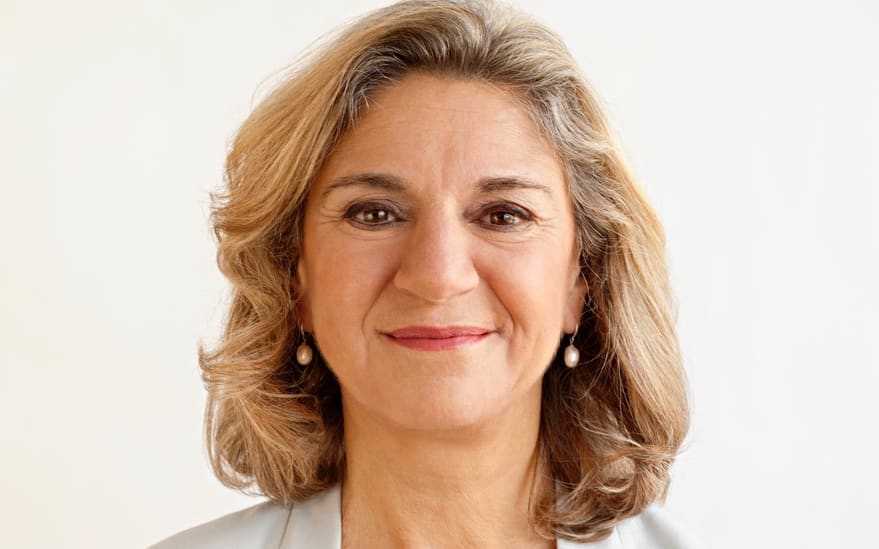
Canadian economist Armine Yalnizyan. Photo: Supplied
Who are New Zealand's precariat?
For New Zealand's 'precariat', life is a daily struggle. They live in barely adequate insecure housing and are in constant fear of losing their income, which is often derived from working more than one job.
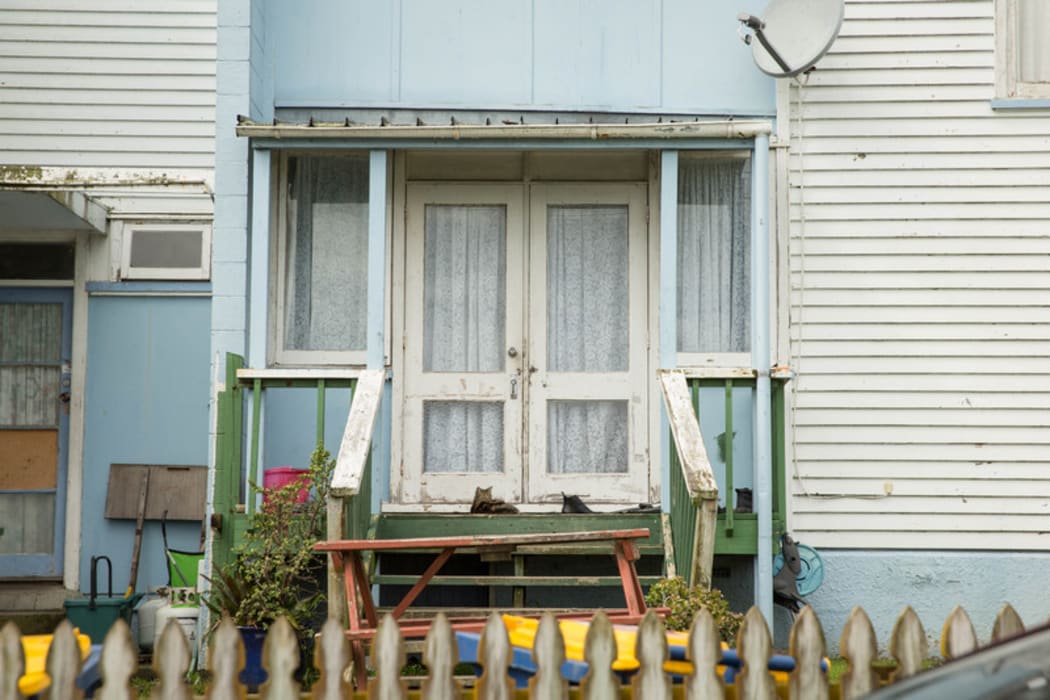
Photo: RNZ / Cole Eastham-Farrelly
UBI answer to broken system - economist
The time has come for a universal basic income, says British economist Guy Standing. The steady drift of money toward capital and away from labour (in the form of wages) has made the current model of income distribution through work untenable, he says.
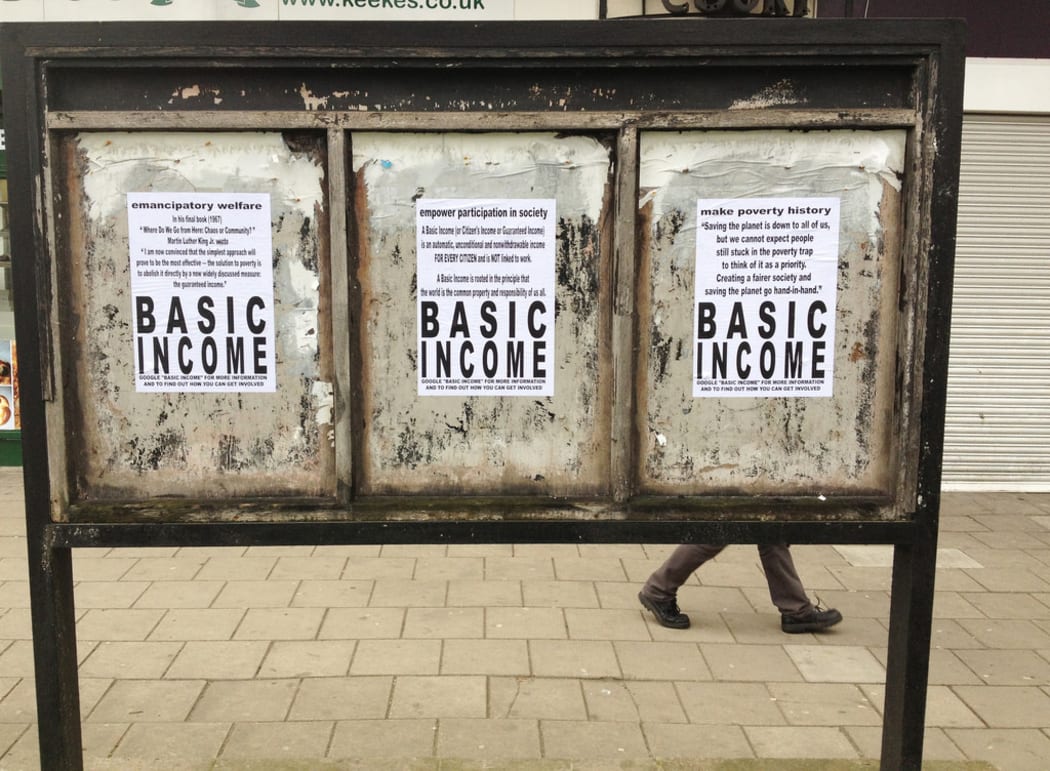
Photo: Supplied
The little loans making a big change
Professor Muhammud Yunus is known around the world as the grandfather of social business and microfinance. The Nobel prize-winning economist from Bangladesh is the founder of the Grameen Bank and the Grameen Foundation.

Photo: AFP / FILE
'We keep playing with fire, but we keep building the fire bigger'
International economic expert James Rickards says the next global financial collapse will come sooner than expected, and worse, it is now beyond the capacity of the central banks to deal with the problem.
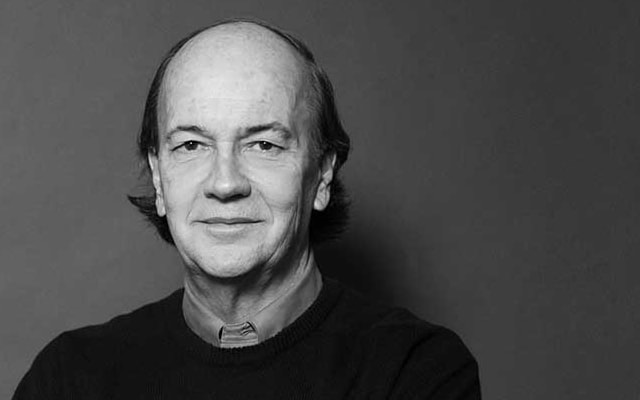
James Rickards Photo: supplied
Is dairy worth the price we pay?
Can we have a country that has truly clean rivers and have a viable dairy sector? Economist Shamubeel Eaqub says if the dairy industry disappeared tomorrow New Zealand’s economy wouldn’t collapse.
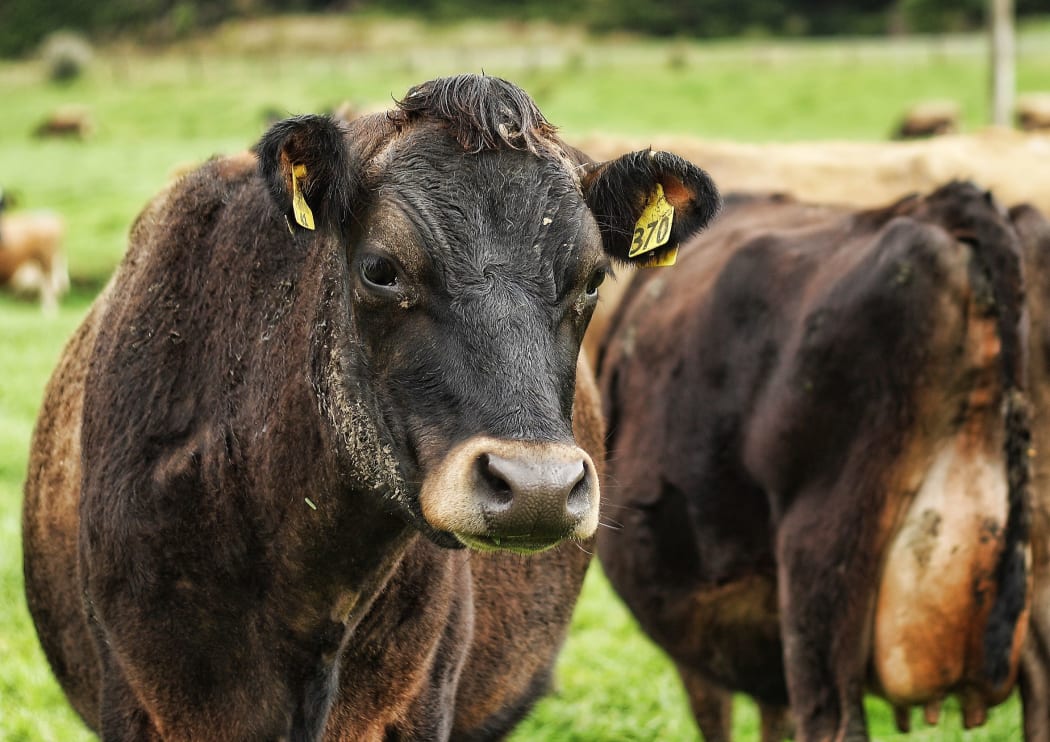
Photo: Flickr user Cath S / CC BY 2.0
'Every time we waste money, we count it as wealth'
Many of us can't seem to stop spending money we don't have, to buy things we don't need, to impress people we don't know.To stem this tide of waste we need to become more – not less – materialistic, economist and author Richard Denniss says.
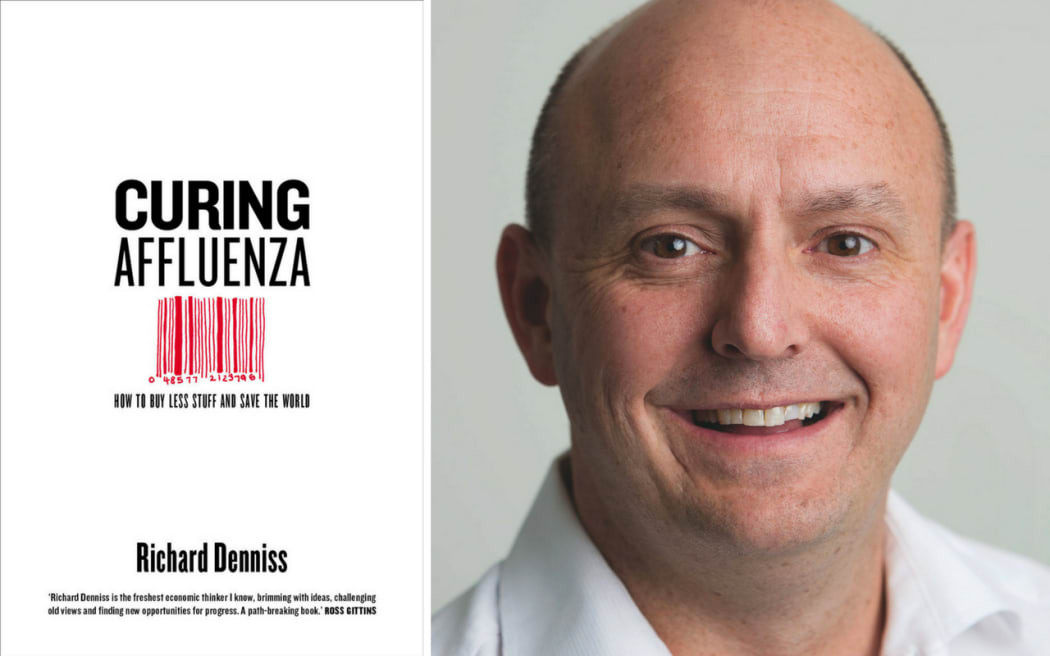
Curing Affluenza by Richard Denniss. Photo: Composite

